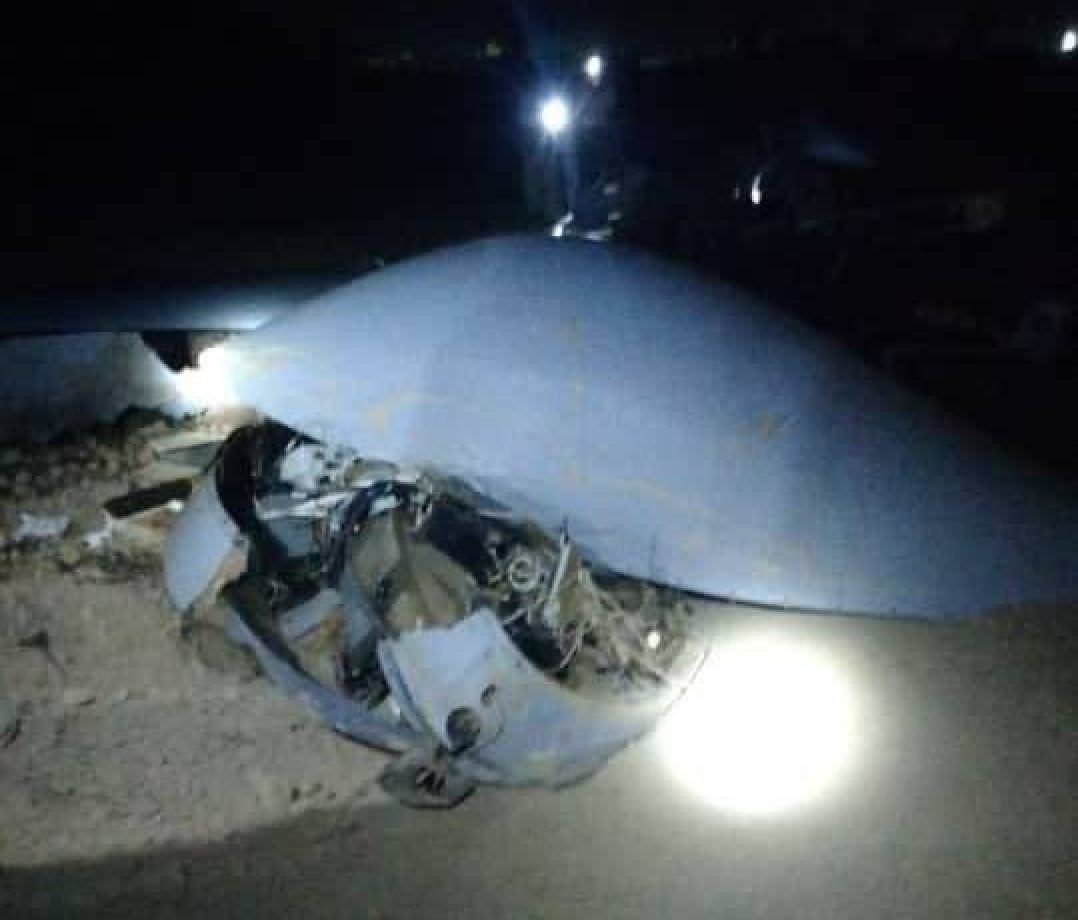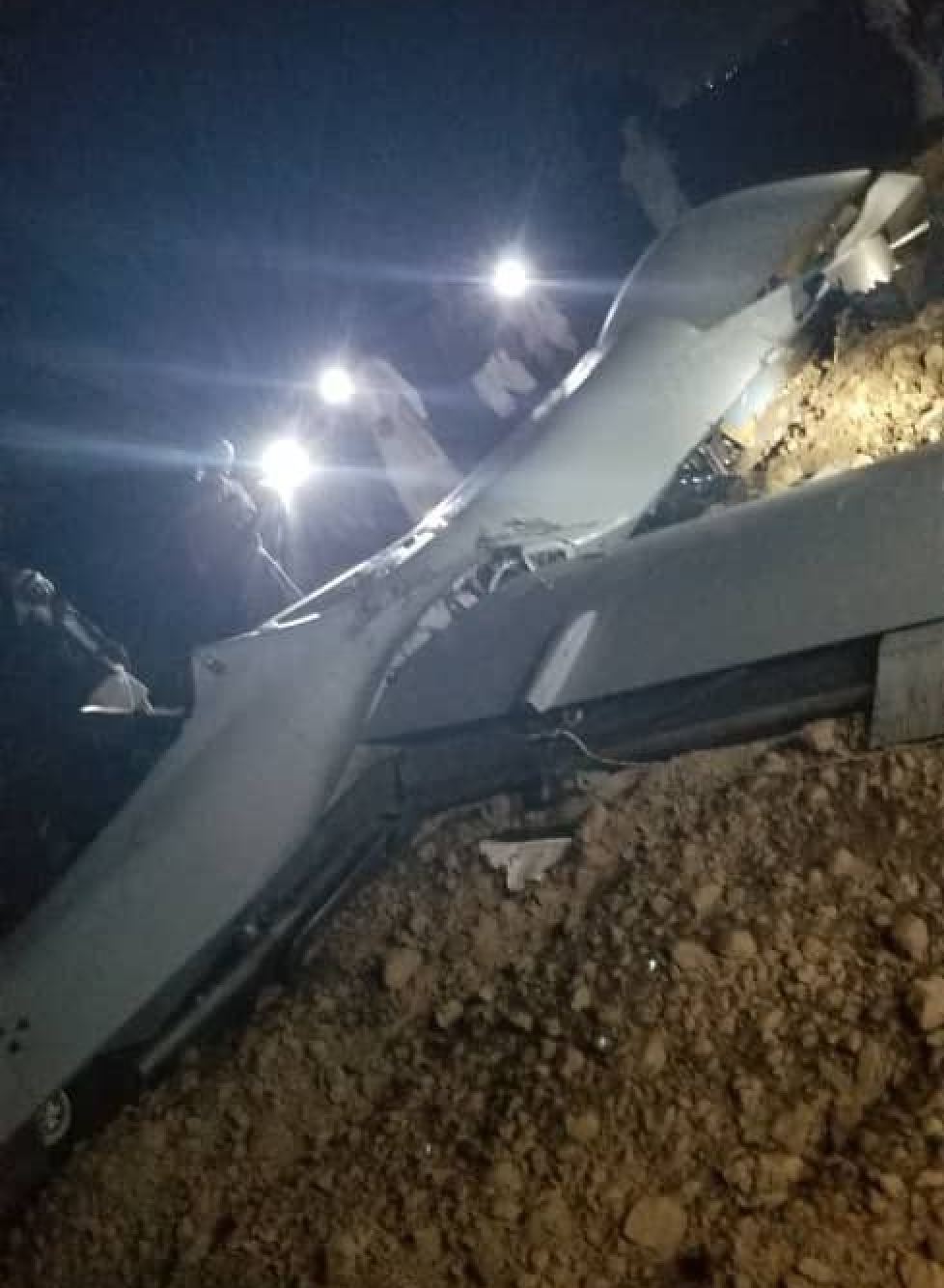Yemen’s Houthi rebels on Friday claimed to have shot down an American drone, hours after footage circulated online of what appeared to be the wreckage of an MQ-9 Predator drone. The US military did not immediately acknowledge the incident.
If confirmed, this would be yet another Predator downed by the Houthis as they press their campaign over the Israel-Gaza war in the Gaza Strip.
Houthi military spokesman Brigadier General Yahya Saree claimed that rebels shot down the Predator on Thursday with a surface-to-air missile, promising to later release footage of the attack. He described the drone as “carrying out hostile actions” in Yemen’s Marib province, which remains held by allies of Yemen’s exiled, internationally recognised government.
Online video showed wreckage resembling the pieces of the Predator, as well as footage of that wreckage on fire.

The US military did not respond to a request for comment over the Houthi claim. While the rebels have made claims about attacks that turned out later not to be true, they have a history of shooting down US drones and have been armed by their main benefactor, Iran, with weapons capable of high-altitude attack.
Since the Houthis seized the country’s north and its capital of Sanaa in 2014, the US military has previously lost at least five drones to the rebels.
Reapers, which cost around US$30 million apiece, can fly at altitudes up to 50,000 feet and have an endurance of up to 24 hours before needing to land.
The drone shoot down comes as the Houthis launch attacks on shipping in the Red Sea and Gulf of Aden, demanding Israel ends the war in Gaza, which has killed more than 34,000 Palestinians there. The war began after Hamas-led militants attacked Israel on October 7, killing 1,200 people and taking some 250 others hostage.

The Houthis have launched more than 50 attacks on shipping, seized one vessel and sunk another since November, according to the US Maritime Administration.
Houthi attacks have dropped in recent weeks as the rebels have been targeted by a US-led air strike campaign in Yemen. Shipping through the Red Sea and Gulf of Aden still remains low because of the threat, however.

